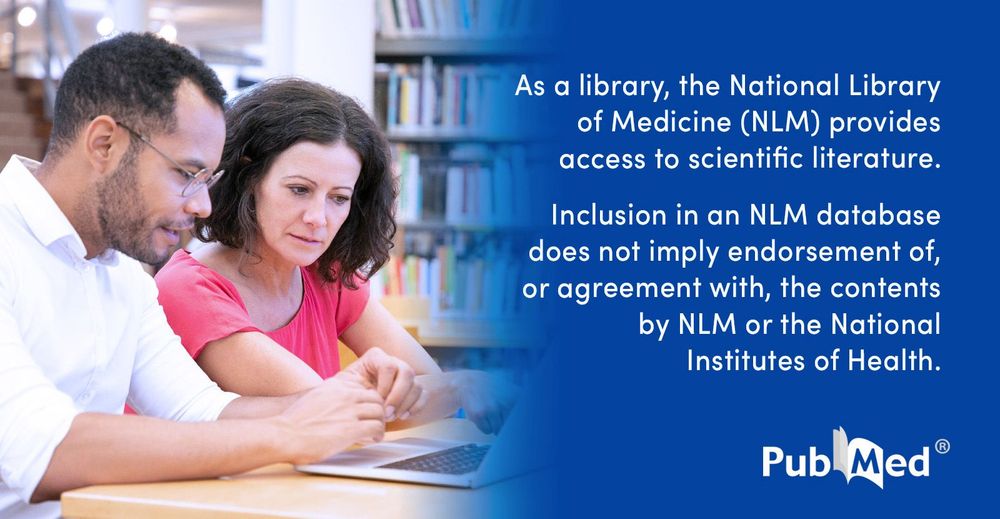
pubmed.ncbi.nlm.nih.gov/40608447/

pubmed.ncbi.nlm.nih.gov/40608447/
Though we can't answer this for instructors, our data suggest that TWs fall short at improving students' perceptions of the classroom, but students react positively when the classroom is framed as a safe space.

Though we can't answer this for instructors, our data suggest that TWs fall short at improving students' perceptions of the classroom, but students react positively when the classroom is framed as a safe space.
When instructors described the classroom as a safe space, students saw them as more caring and felt more psychologically safe and willing to discuss controversial issues.

When instructors described the classroom as a safe space, students saw them as more caring and felt more psychologically safe and willing to discuss controversial issues.
But what about safe spaces?
But what about safe spaces?

Students who were randomly assigned to receive a warning felt no more positively about their instructors or the classroom.


Students who were randomly assigned to receive a warning felt no more positively about their instructors or the classroom.
Full paper: doi.org/10.1177/0146...

Full paper: doi.org/10.1177/0146...
In another version, we described sleep aids as preventing harm - reducing traffic deaths by improving sleep. Moralization flipped: people now saw using sleep aids as morally praiseworthy 👏 😊

In another version, we described sleep aids as preventing harm - reducing traffic deaths by improving sleep. Moralization flipped: people now saw using sleep aids as morally praiseworthy 👏 😊
But can we turn a *morally neutral* behavior - using sleep aids 💊😴 - into a moral issue by describing it as harmful? Yes!
Participants moralized sleep aids more when we framed them as causing harm (increasing traffic deaths due to residual drowsiness) 😡

But can we turn a *morally neutral* behavior - using sleep aids 💊😴 - into a moral issue by describing it as harmful? Yes!
Participants moralized sleep aids more when we framed them as causing harm (increasing traffic deaths due to residual drowsiness) 😡
Next we tested causality. Participants read about a health behavior (going to a crowded event while sick) that was described as either harmful or disgusting.
Framing it as harmful → seems immoral 😡
Framing it as disgusting → seems gross 🤢 but not immoral

Next we tested causality. Participants read about a health behavior (going to a crowded event while sick) that was described as either harmful or disgusting.
Framing it as harmful → seems immoral 😡
Framing it as disgusting → seems gross 🤢 but not immoral
We found that the more people viewed poor health as *interpersonally* harmful - causing others in one's life to suffer - they more they viewed all kinds of health behaviors as moral issues.

We found that the more people viewed poor health as *interpersonally* harmful - causing others in one's life to suffer - they more they viewed all kinds of health behaviors as moral issues.
But “harm” can mean many things. Is smoking wrong because it hurts you (personal harm), others (interpersonal harm), or society (collective harm)?
But “harm” can mean many things. Is smoking wrong because it hurts you (personal harm), others (interpersonal harm), or society (collective harm)?
Thanks to co-authors Payton Jones, Ben Bellet, Rich McNally, and @kurtjgray.bsky.social
Thanks to co-authors Payton Jones, Ben Bellet, Rich McNally, and @kurtjgray.bsky.social
-Anxiety
-Depression
-Difficulties in emotion regulation
-Anxiety sensitivity
-Lower resilience
-Belief that the self and others are vulnerable to trauma

-Anxiety
-Depression
-Difficulties in emotion regulation
-Anxiety sensitivity
-Lower resilience
-Belief that the self and others are vulnerable to trauma
-Intellectual humility
-Empathy
-Support for trigger warnings/safe spaces
-Concern for political correctness
-Tendency for interpersonal victimhood
-Moral grandstanding
-Left-wing authoritarianism
-Belief in the importance of silencing others

-Intellectual humility
-Empathy
-Support for trigger warnings/safe spaces
-Concern for political correctness
-Tendency for interpersonal victimhood
-Moral grandstanding
-Left-wing authoritarianism
-Belief in the importance of silencing others

